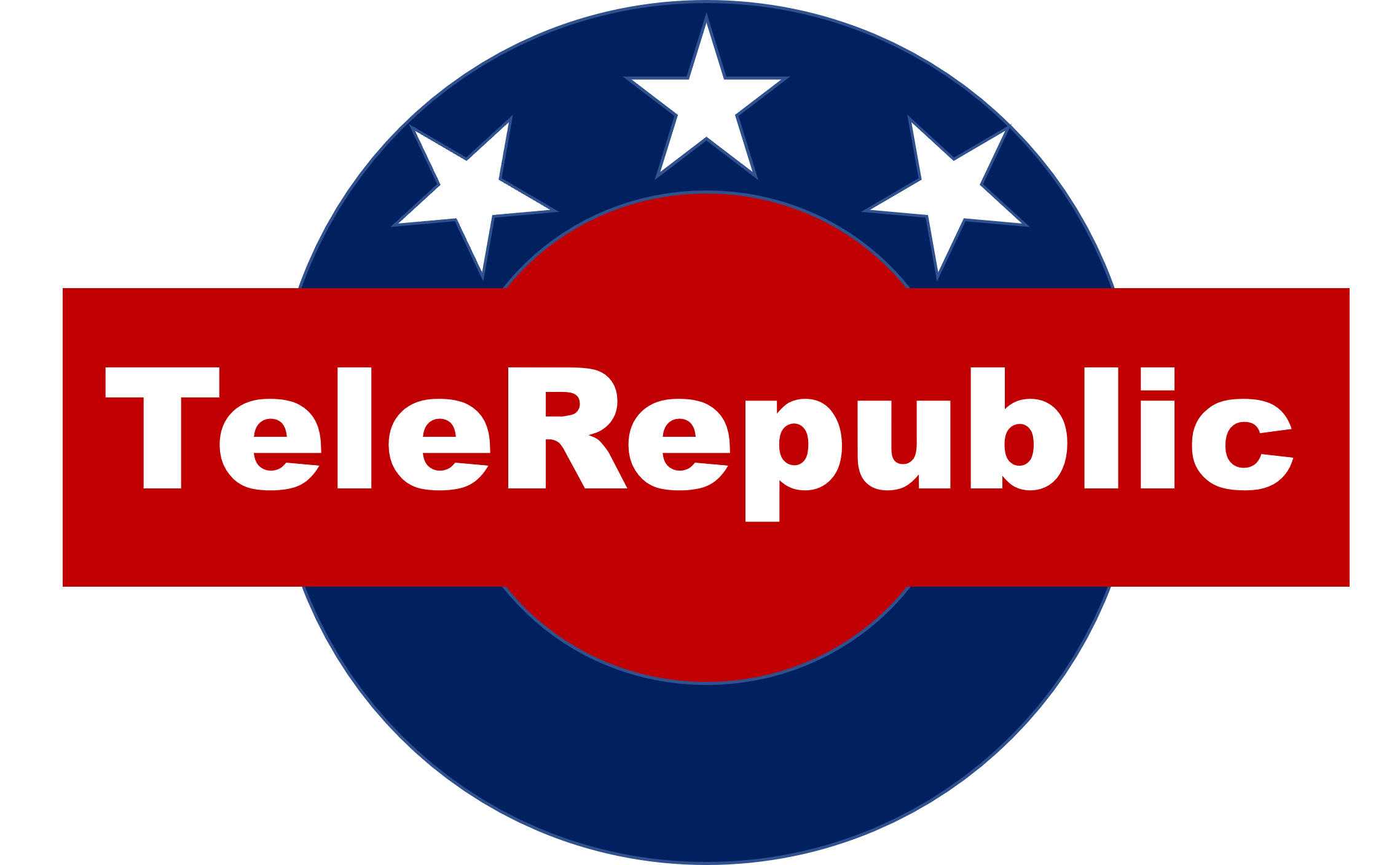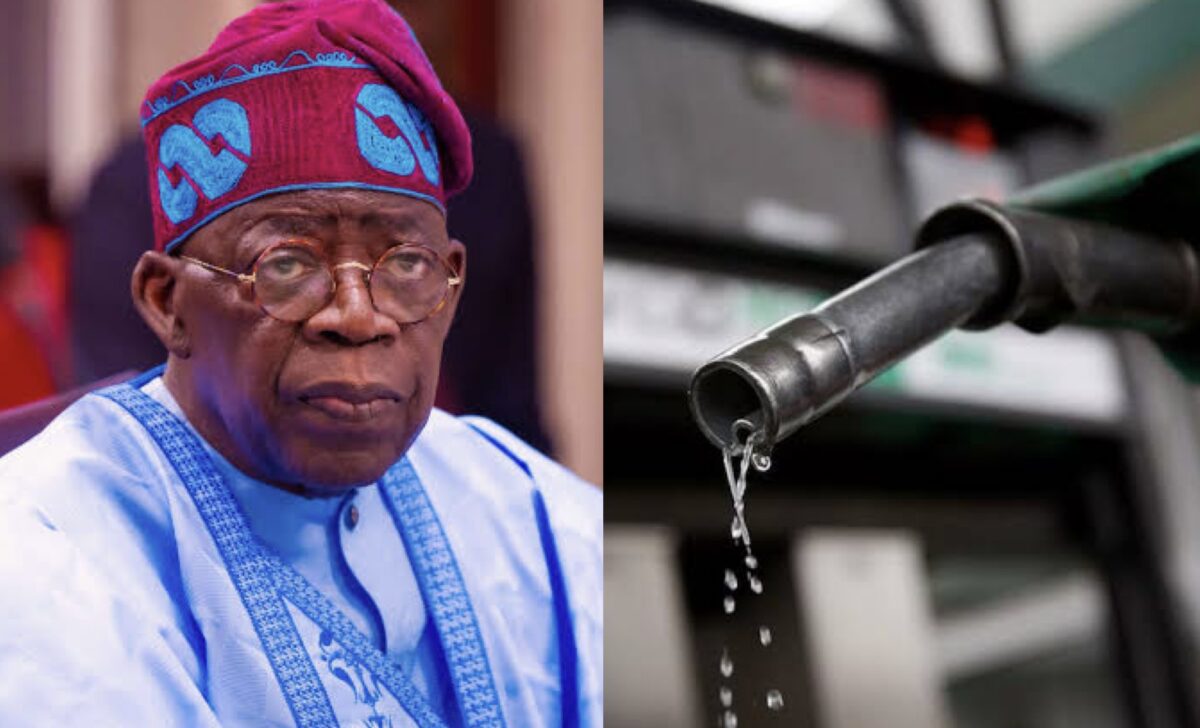The recent revelation that the Nigerian government may spend an astronomical 5.4 trillion naira on fuel subsidies by the end of 2024 is nothing short of a scandalous betrayal of trust by Bola Tinubu and his administration. During his inauguration, Tinubu boldly declared that the era of fuel subsidies was over, a proclamation that was supposed to herald a new era of fiscal responsibility and transparency. Yet, only months later, we are confronted with a starkly different reality: not only is the subsidy still in place, but its projected cost has ballooned to unprecedented levels.
The Lies and Deceptions
Tinubu’s administration, including officials like the Minister of State for Petroleum Resources, Heineken Lokpobiri, has consistently denied the reintroduction of fuel subsidies. These denials now ring hollow in the face of evidence that subsidies are indeed being paid, and at an alarmingly high rate. The Minister’s categorical statement that “subsidy is gone” has proven to be a deceitful rhetoric aimed at placating a hopeful populace while clandestinely perpetuating the very practices it condemned.
Economic Irresponsibility and Incompetence
The projected expenditure of 5.4 trillion naira on fuel subsidies by 2024 is a glaring indicator of economic mismanagement and policy failure. The average price of crude oil in 2023 was higher than the forecasted price for 2024, logically implying that the subsidy cost should decrease, not increase. In 2023, the subsidy expenditure was 3.6 trillion naira, and even then, it was a significant burden. The inexplicable rise to 5.4 trillion naira raises serious questions about the government’s competence and integrity.
The Human Cost
This economic malfeasance has severe human consequences. Despite secretly paying these subsidies, the price of petrol per liter has soared by 176.02% over the past year. This staggering increase has exacerbated the already dire living conditions of millions of Nigerians. Families are struggling to afford basic necessities as inflation continues to erode their purchasing power. The pain and suffering inflicted by these policies are not just numbers on a balance sheet; they translate to real human hardships, with countless Nigerians pushed further into poverty and despair.
The Need for Resistance
Nigerians must not stand idly by as their leaders engage in reckless and deceitful practices that threaten the nation’s economic stability and social fabric. It is imperative to resist and push back against these actions that undermine public trust and confidence. Tinubu’s administration must be held accountable for its promises and actions. The people must demand transparency, honesty, and a genuine commitment to economic reforms that benefit the masses, not just a select few.
Debunking the Excuses
Wale Edun and other government officials have attempted to justify the reintroduction and escalation of the fuel subsidy on various grounds, none of which hold water. They argue that subsidies are necessary to cushion the populace from inflationary pressures. However, this justification is fundamentally flawed, as the hidden subsidies have not prevented, but rather coincided with, a dramatic increase in petrol prices and living costs. The purported economic stabilisation plan is a smokescreen for fiscal irresponsibility and political expediency.
Conclusion
The Tinubu administration’s handling of the fuel subsidy issue is a classic example of political hypocrisy and economic malpractice. The deceitful narrative spun by government officials is an affront to the intelligence and dignity of well-meaning Nigerians, who deserve better than to be lied to and exploited by those in power.




